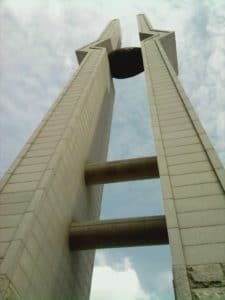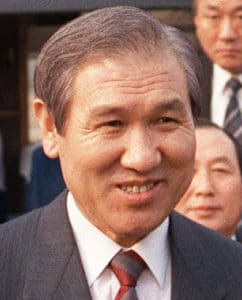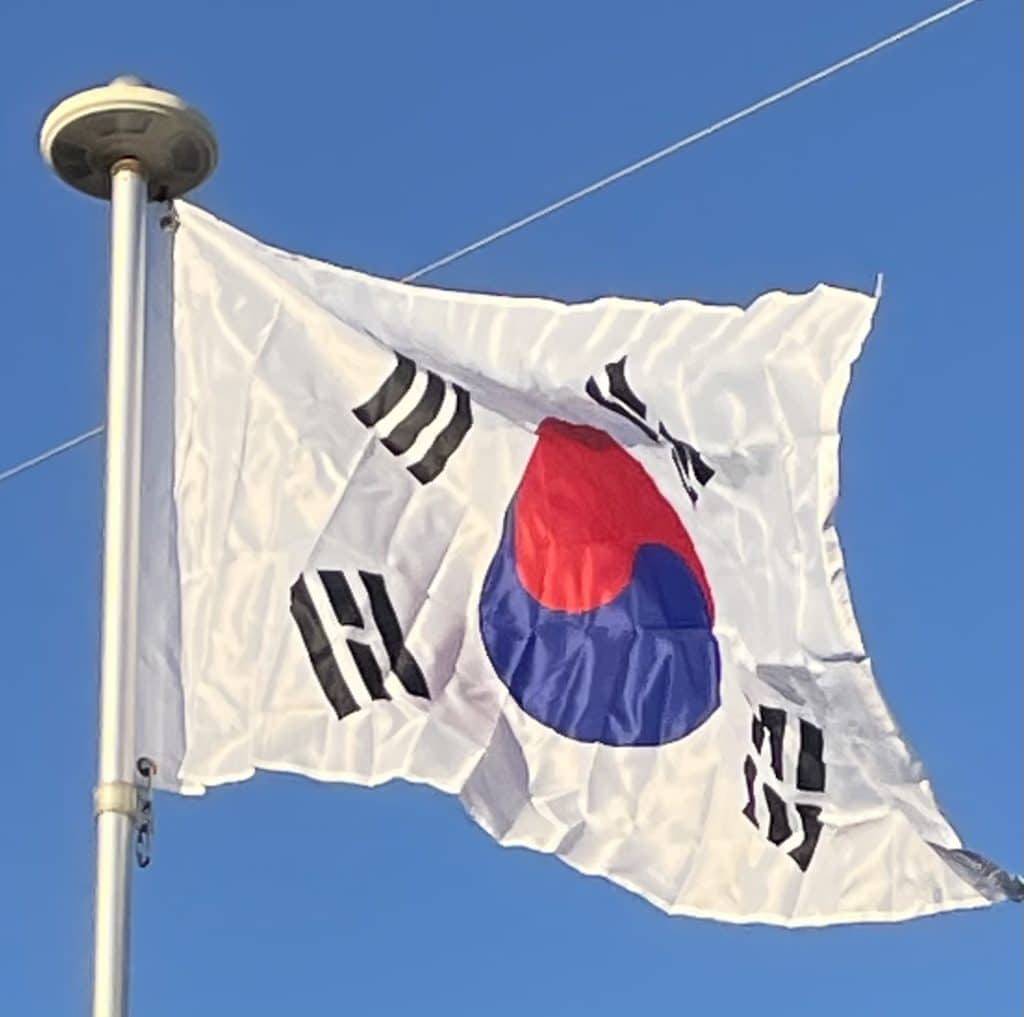The years after Park’s assassination were marked again by political turmoil, as the previously suppressed opposition leaders all campaigned to run for president in the sudden political void. In 1979, General Chun Doo-hwan led the Coup d’état of December Twelfth. Following the Coup d’état, Chun Doo-hwan planned to rise to power through several measures. On May 17, Chun Doo-hwan forced the Cabinet to expand martial law to the whole nation, which had previously not applied to the island of Jejudo. The expanded martial law closed universities, banned political activities, and further curtailed the press. Chun’s assumption of the presidency through the events of May 17 triggered nationwide protests demanding democracy; these protests were particularly focused in the city of Gwangju, to which Chun sent special forces to violently suppress the Gwangju Democratization Movement.

Chun subsequently created the National Defense Emergency Policy Committee and took the presidency according to his political plan. Chun and his government held South Korea under a despotic rule until 1987, when a Seoul National University student, Park Jong-chul, was tortured to death. On June 10, the Catholic Priests Association for Justice revealed the incident, igniting the June Democracy Movement around the country. Eventually, Chun’s party, the Democratic Justice Party, and its leader, Roh Tae-woo announced the 6.29 Declaration, which included the direct election of the president. Roh went on to win the election by a narrow margin against the two main opposition leaders, Kim Dae-Jung and Kim Young-Sam. Seoul hosted the Olympic Games in 1988, widely regarded as successful and a significant boost for South Korea’s global image and economy.

South Korea was formally invited to become a member of the United Nations in 1991. The transition of Korea from autocracy to modern democracy was marked in 1997 by the election of Kim Dae-jung, who was sworn in as the eighth president of South Korea, on February 25, 1998. His election was significant given that he had in earlier years been a political prisoner sentenced to death (later commuted to exile). He won against the backdrop of the 1997 Asian Financial Crisis, where he took IMF advice to restructure the economy and the nation soon recovered its economic growth, albeit at a slower pace.
Contemporary South Korea:
In June 2000, as part of president Kim Dae-jung’s “Sunshine Policy” of engagement, a North–South summit took place in Pyongyang, the capital of North Korea. Later that year, Kim received the Nobel Peace Prize “for his work for democracy and human rights in South Korea and in East Asia in general, and for peace and reconciliation with North Korea in particular”. However, because of discontent among the population for fruitless approaches to the North under the previous administrations and, amid North Korean provocations, a conservative government was elected in 2007 led by President Lee Myung-bak, former mayor of Seoul. Meanwhile, South Korea and Japan jointly co-hosted the 2002 FIFA World Cup. However, South Korean and Japanese relations later soured because of conflicting claims of sovereignty over the Liancourt Rocks.
